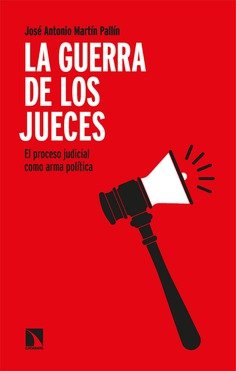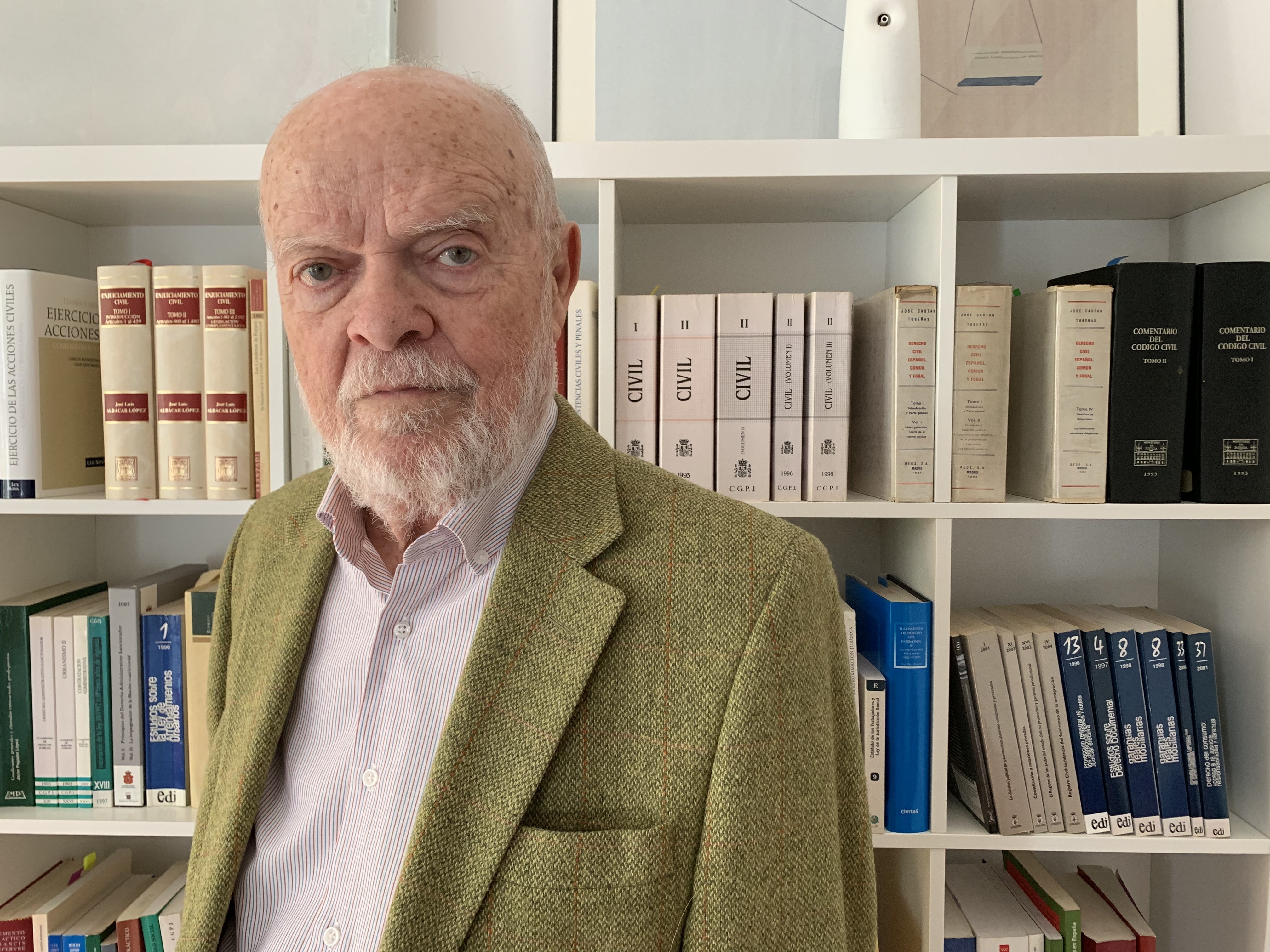A prediction for the future. Former Supreme Court judge José Antonio Martín Pallín has explained why the European Court of Human Rights (ECHR) could overturn the sentences in the 2019 trial of the Catalan pro-independence leaders. In an interview with elDiario.es published on Sunday, Martín Pallín begins by recalling that the Strasbourg Court has no jurisdiction to say whether or not there was an offence of sedition: "If anyone thinks that the ECHR will say that there was no sedition, you should forget about it". “It doesn’t go into the juridical classification of the facts, what it checks is whether they had a fair and equitable trial,” he notes.
That said, the former judge believes it is possible that the pro-independence leaders had a trial which was not, in fact, fair and equitable. “I don’t think they were tried by the ordinary judge predetermined by law and I think that’s where the sentence may be broken,” he points out. Moreover, "if the ECHR examines the recordings, it will observe the aggressiveness of the presiding judge of the chamber (Manuel Marchena) against the defence witnesses." "This has been recorded. One can watch it and come to the conclusion that I did, or another, but it has been recorded," he adds. And it does not end here, as the Strasbourg Court may be "struck by the excessive protagonism of the presiding judge." But let's not forget that "we also have a problem in the European Court of Justice (ECJ), because here the issue of the ordinary judge will be subject to a ruling before that." "And if Luxembourg says no, the trial has already been thrown out," he says in the interview, motivated by the presentation of his latest book: La Guerra de los Jueces: El Proceso Judicial como Arma Política ("The War of the Judges: The Judicial Process as a Political Weapon", published by Catarata).

Martín Pallín opens the book with a defence of parliamentary autonomy and says that parliaments are not public administrations (as governments are), but are "representatives of popular sovereignty". That is why he considers that the various convictions of parliamentary speakers that have taken place in Spain are unprecedented among the countries around us. In another interview published on Sunday, this one with the Efe agency, he cites the case of the former speaker of the Parliament of Catalonia, Carme Forcadell. “The principle of division of powers endows parliaments with autonomy, and to condemn a speaker of a parliament for having acted with the powers given to them by their house of representatives is to break the principle of division of powers,” he argues. At the same time, he believes that judges can act against government decisions, but that sometimes a criminal trial has been opened when they should be bound by an administrative disputes process: "Criminal law must only be used exceptionally."
The former judge reserves the last chapter of the book for the Spanish Supreme Court's decision to accept for consideration the appeals of the PP, Cs and Vox against the pardons for the pro-independence leaders decreed by the Spanish government, pointing out that the admission of the appeals is "unprecedented" in Spain since the restoration of democracy. In the final pages of the book, the interviewee says that judges can only intervene to cancel pardons if a formal requirement for their processing has been breached, but that in no case can they enter into substantive issues like the grounds of justice, equity or public utility, which are the exclusive competence of the Spanish government. Pallín also warns that an appeal against a pardon can only be filed by a party who is interested and aggrieved by the decision. With its admission of the appeals, the court accepts the political parties as legitimate actors to challenge pardon decrees by the state executive.

